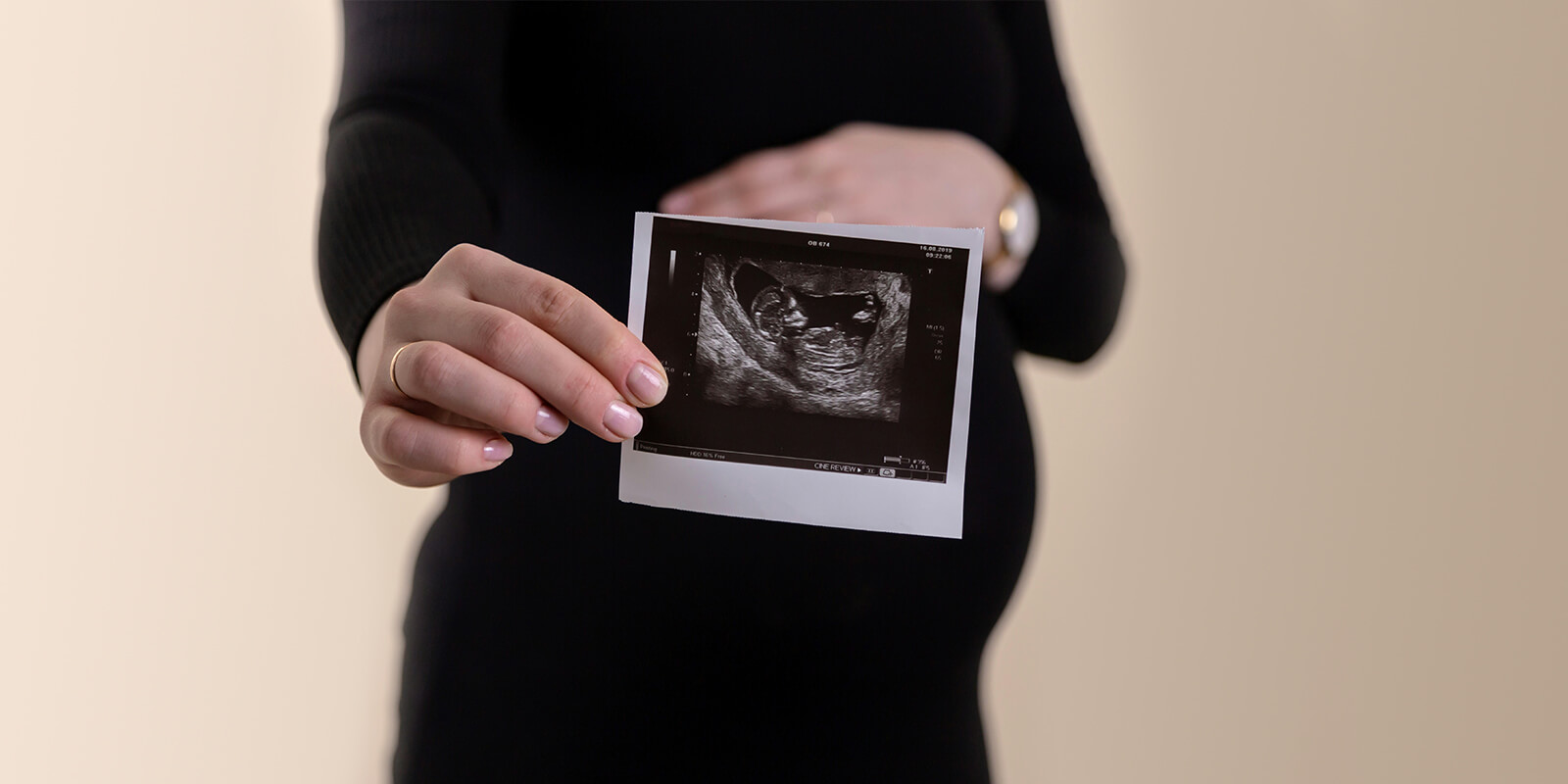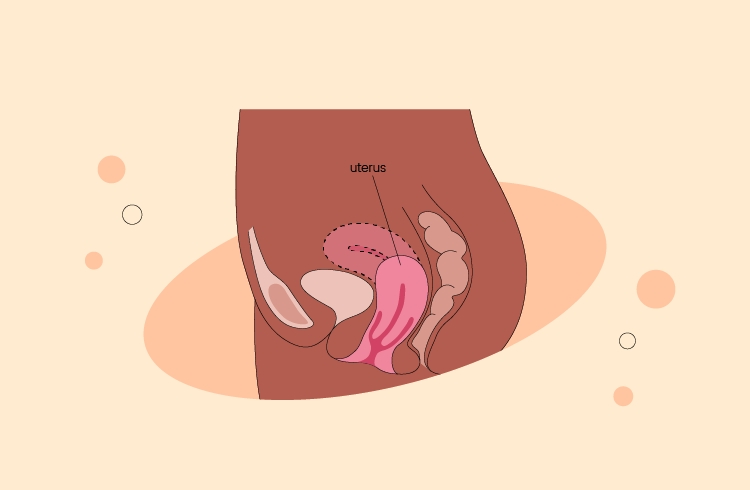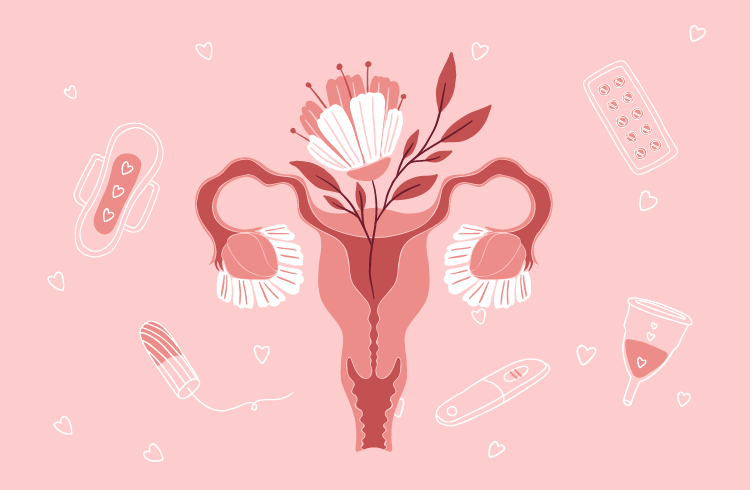Navigating the early signs of pregnancy can be both exciting and overwhelming. In this blog post, we'll explore the subtle symptoms that may indicate you're expecting. Understanding these early pregnancy signs can help you determine when it's the right time to take a pregnancy test.
Early pregnancy symptoms often resemble premenstrual symptoms, leading to confusion for many women. Symptoms like fatigue, breast tenderness, and mood swings can occur both during early pregnancy and before menstruation. Similarly, nausea, food cravings or aversions, and increased urination can be experienced in both scenarios. Additionally, light spotting or implantation bleeding may occur during early pregnancy, further complicating the distinction. The similarity arises because hormonal changes, particularly fluctuations in estrogen, lh hormone, and progesterone levels, occur during both the premenstrual phase and early pregnancy. Therefore, distinguishing between the two can be challenging solely based on symptoms. However, paying attention to the timing, intensity, and duration of symptoms can help differentiate between premenstrual syndrome (PMS) and early pregnancy.

Common Signs:
• Missed Period
A missed period is often the earliest and most common sign of pregnancy. When conception occurs, the fertilized egg implants itself in the uterine lining, disrupting the usual shedding process that results in menstruation. This absence of menstrual bleeding is usually the first indicator that prompts many women to take a pregnancy test.
• Morning Sickness
Morning sickness, characterized by nausea and vomiting, is another hallmark symptom of early pregnancy. Despite its name, morning sickness can occur at any time of the day or night. While the exact cause is unknown, hormonal changes, particularly rising levels of human chorionic gonadotropin (hCG), are thought to play a role in triggering this symptom.
• Sore (and Swollen) Breasts
During early pregnancy, hormonal fluctuations, particularly an increase in estrogen and progesterone, can lead to breast changes. Breasts may become sore, tender, or swollen as the body prepares for lactation. This discomfort is similar to what some women experience before menstruation, but in pregnancy, it tends to be more pronounced.
• Frequent Urination
Increased frequency of urination is a common early pregnancy symptom that occurs due to hormonal changes and the expanding uterus putting pressure on the bladder. This symptom may begin as early as six to eight weeks into pregnancy and can persist throughout the gestational period.
• Fatigue

Fatigue is a common complaint in early pregnancy, often attributed to hormonal changes, increased metabolic demands, and the body's efforts to support fetal development. Many women experience overwhelming tiredness, often likened to the exhaustion felt during menstruation, but more intense and persistent.
• Food Cravings
Food cravings, as well as aversions, are another hallmark of early pregnancy. Cravings for specific foods, coupled with distaste for foods usually enjoyed, are common. Additionally, some women may experience a sour or metallic taste in their mouths, known as dysgeusia, which can persist even when not eating.
Less Common Signs:
Less common symptoms can vary in intensity and may not be experienced by every pregnant woman. However, they can still be indicative of pregnancy when considered alongside other signs and symptoms.
• Breathlessness
Some pregnant individuals may experience breathlessness due to hormonal changes and the growing uterus putting pressure on the diaphragm and lungs.
• Constipation
Constipation can occur in early pregnancy due to hormonal changes, which slow down digestion, and the pressure of the growing uterus on the intestines.
• Backache
Backaches are common in pregnancy, particularly in the lower back, as the body adjusts to the weight of the growing uterus and shifts in posture.
• Headaches

Hormonal changes, increased blood volume, and changes in blood pressure can contribute to headaches during early pregnancy.
• Leg cramps
Leg cramps, often occurring at night, may result from changes in circulation, nutrient deficiencies, or pressure on nerves due to the growing uterus.
• Mood changes
Fluctuating hormones during pregnancy can lead to mood swings, ranging from elation to irritability or tearfulness.
• Vaginal discharge
Changes in vaginal discharge, such as an increase in volume or a different texture, may occur due to hormonal changes and increased blood flow to the pelvic area.
When to Take a Pregnancy Test?

For individuals with regular menstrual cycles, the ideal time to take a pregnancy test is typically the first day after a missed period. Tracking your ovulation with Femometer's app, LH strips and BBT thermometer will help you get an accurate prediction for the first missed day of your period.
However, for those with irregular periods, pinpointing the best time to take a pregnancy test can be more challenging. In such cases, it's recommended to wait at least one to two weeks after suspected ovulation or unprotected intercourse before testing. This allows for sufficient time for the pregnancy hormone, human chorionic gonadotropin (hCG), to accumulate to detectable levels in the urine. Again, tracking all symptoms with the Femometer app, measuring LH levels and using Femometer Smart Ring and basal body thermometer (Vinca) will help you identify ovulation. Meaning it will easier to know when your period should start.
Signs and Symptoms You Need to Get Help
• Vaginal bleeding once pregnancy is confirmed
While light spotting can be normal in early pregnancy, heavy bleeding or bleeding accompanied by severe abdominal pain may indicate a miscarriage or ectopic pregnancy, requiring immediate medical attention.
• Persistent pain
Sharp or persistent abdominal or pelvic pain, especially if it's on one side and intensifies over time, could signal an ectopic pregnancy or other serious complications.
• Vomiting that will not stop
While morning sickness is common in early pregnancy, severe or persistent vomiting accompanied by dehydration warrants medical evaluation and treatment.
• Sudden swelling of face, hands, and feet
Excessive swelling, particularly if it's sudden and severe, may be a sign of preeclampsia, a serious pregnancy complication characterized by high blood pressure.
• A high temperature
Fever during pregnancy may indicate an underlying infection, which can pose risks to both the mother and the baby. Prompt medical attention is necessary to identify and treat the cause of the fever.
This article is the original creation of Femometer. All rights reserved by Femometer Inc. To reproduce, distribute, or reference the content, please reach out to us in advance to prevent any potential legal issues. Copyright © Femometer Inc.










